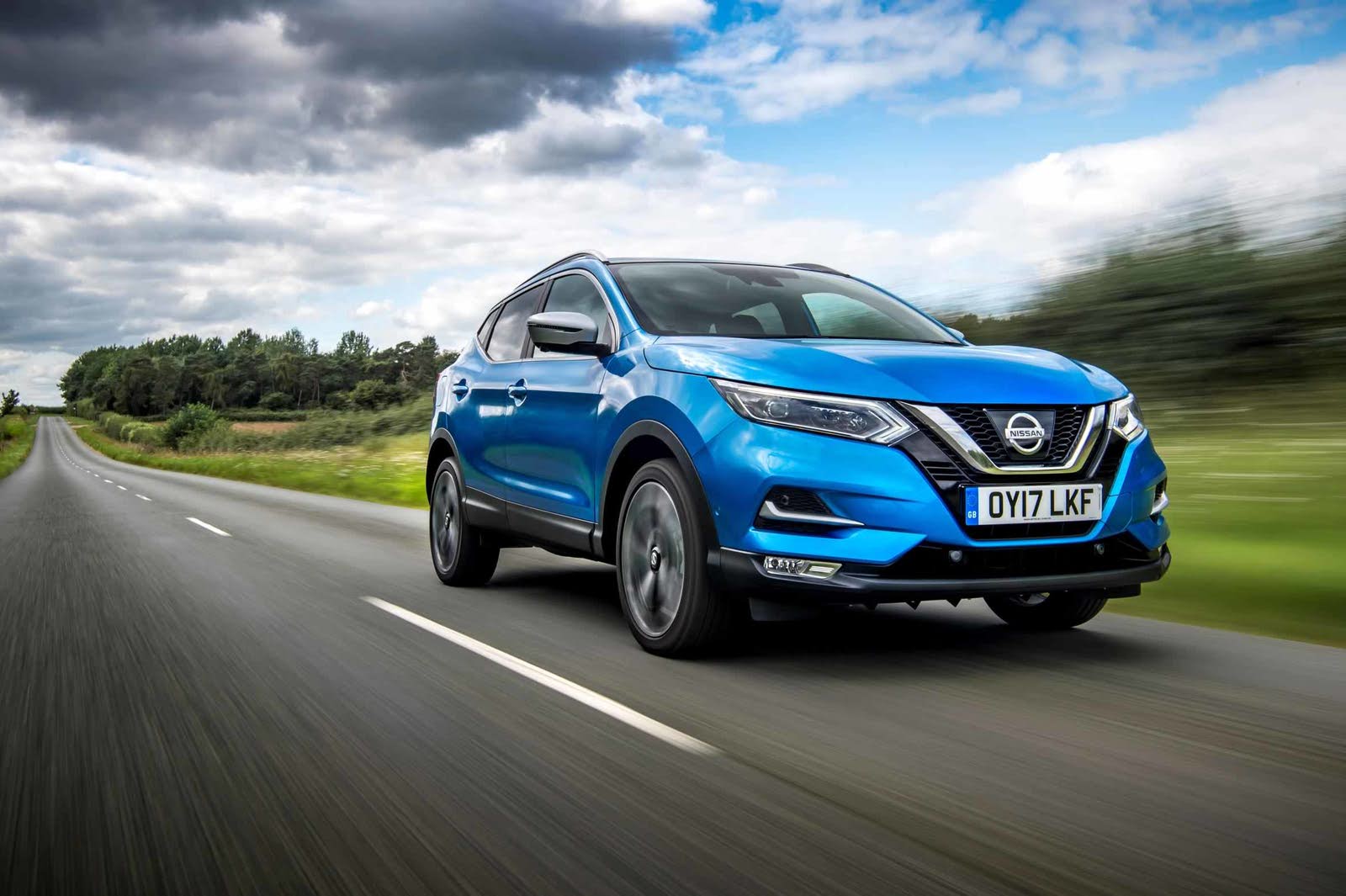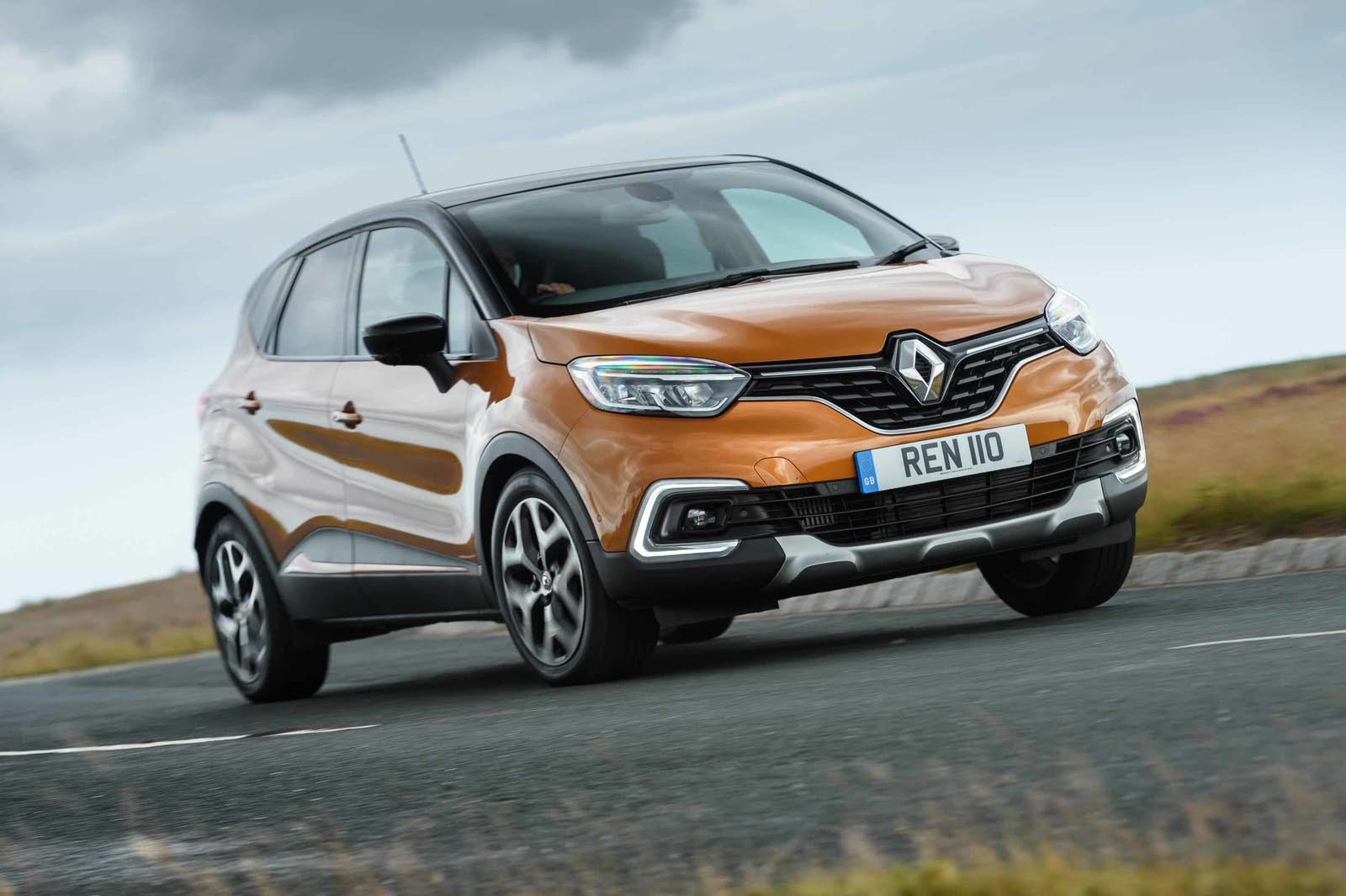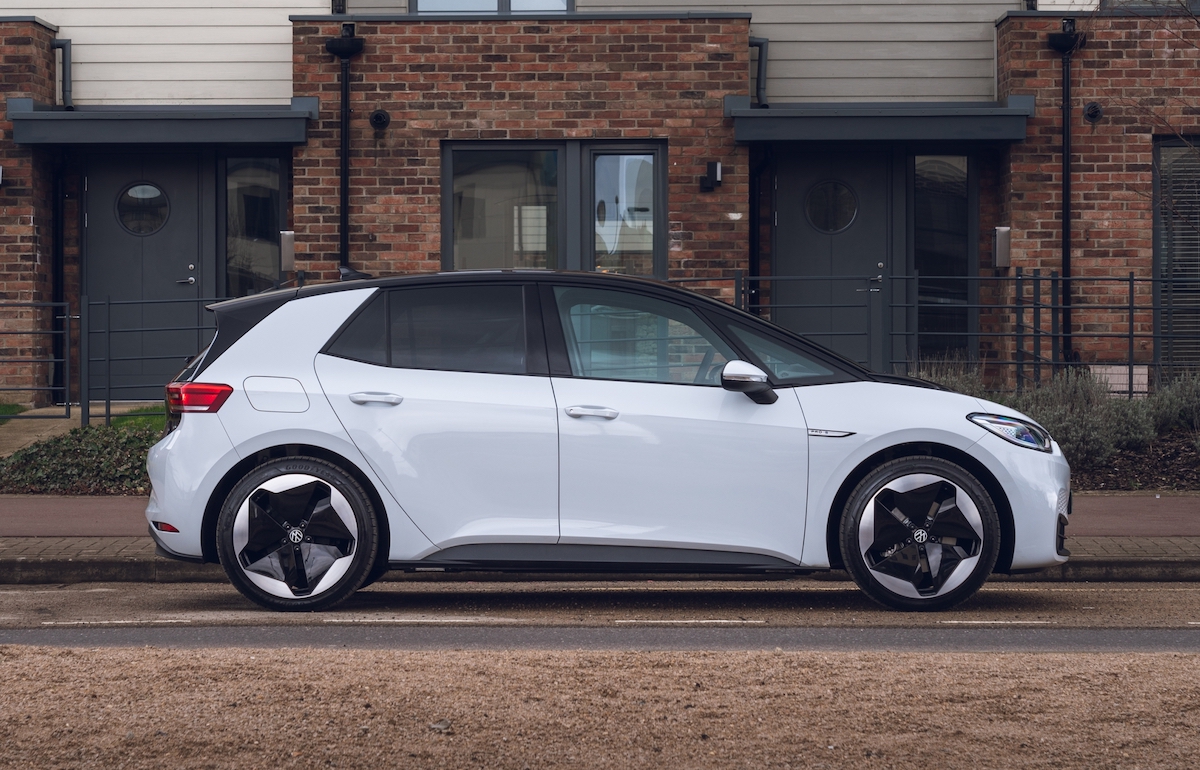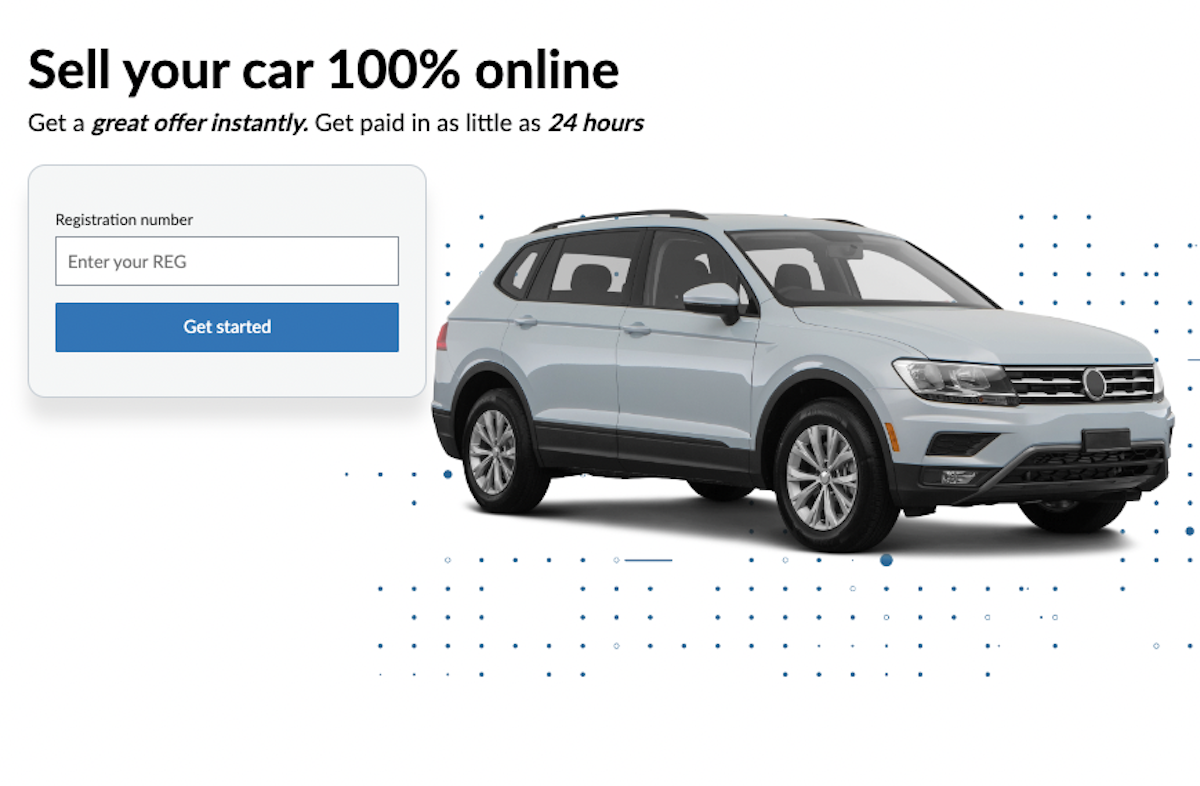Car finance is a form of credit, where a lender or credit broker will advance you as a potential car buyer the funds to purchase a car – or to lease it. In most cases, the car will not be yours until you’ve paid the finance off. In the case of a personal contract purchase (PCP), the car will only become your property if you pay the optional balloon payment at the end of the set period of payments.
Car Finance Fast Facts
- Getting a car finance quote is a simple process. To get a formal offer of car finance, however, requires a little more paperwork.
- To get car finance you’ll need to prove your identity with your passport and driver’s licence. You’ll also need to prove your address for the past three years, and proof of income, showing three months’ payslips or bank statements.
- If you’re self-employed, you can still take out car finance, provided you can prove a regular income via bank statements.
- To maximise your chances of getting car finance, aim to minimise other debts, increase your deposit amount or even consider a guarantor (somebody who will be responsible for the debt if you are unable to meet payments).
Car Finance Explained
- PCP (Personal Contract Purchase)
- Hire Purchase (HP)
- Personal Contract Hire (PCH)
- Dealer Finance
- Personal Loan
- Credit Card
- Could I be Owed Car Finance Compensation?
- The Golden Rule of Car Finance
PCP (Personal Contract Purchase)
With a PCP deal, you pay an initial upfront deposit followed by monthly payments over an agreed period of time (usually 36 months, but sometimes 48) at a fixed rate of interest. Essentially, you’re paying off the depreciation the car is expected to suffer during the term of the finance agreement, rather than its full value, which means monthly costs will be lower.
As such, central to any PCP deal is the car’s guaranteed minimum future value, often known as the GFV or GMFV, which is basically what the lender guarantees the car will be worth at the end of the agreement period. When this time comes, you can either return the car, pay to take full ownership, or swap it for a new one.
If you just want to return the car and it’s within pre-agreed mileage limits and not showing signs of damage, then there’s nothing else to pay.
If you want to buy the car, you’ll need to pay the lease company the GFV that was set at the start of the loan, which will be referred to as a “balloon” payment. Do so and the car will be yours.
Where a PCP gets interesting is if you want to swap your current car for a new one. In this situation, a lender will often value it slightly above the GFV in order to give you some equity to put towards another deposit. For example, if the GFV was set at £12,000 but the car is actually worth £13,000 at the end of the finance deal, then you’ll have £1,000 worth of equity to put towards your next PCP deposit. If a lender is particularly keen to get you into a new car, it could even offer to value your car and arrange the swap early, which makes PCPs tempting for those who like to drive the latest models, but who aren’t fussed about ever owning them.
Be aware, however, that it is also possible for the car to fall into negative equity (that is, to be worth less than its GFV). While this won’t cost you if you’re simply handing the car back, it does matter if you want to move into another PCP deal, because it’ll mean paying the full deposit all over again.
Hire Purchase (HP)
With a Hire Purchase plan you are essentially buying the car via monthly instalments, made to a finance company, although it’s important to remember that you won’t actually own it until the end of the contract and when any transfer fees have been paid.
As with a PCP, there’s a deposit to pay (typically 10% of the car’s value), and you can’t sell the car without the lender’s permission. Servicing costs are often included as part of a Hire Purchase deal, but it’s always worth checking this first.
Compared with a PCP, a Hire Purchase scheme will cost more on a monthly basis because you’re paying off the full value of the car, rather than its depreciation. However, this means that it will generally work out as the cheaper option for those who are keen to buy a car outright, plus a Hire Purchase has no mileage limits to adhere to.
Personal Contract Hire (PCH)
This is a basically a personal lease deal for those who have no ambition of ever owning the car, but instead only want to lease it over a period of typically two or three years. You’ll pay an initial deposit (often equivalent to three months of monthly charges) followed by a regular monthly charge, and are restricted by an annual mileage limit. At the end of the term there is no lump sum final payment but also no option to buy the car; you simply hand it back to the lender.
PCH deals can often look attractive because they are like PCP in the sense that you are effectively paying off only the depreciation of the car over the time of your lease, rather than its full value. For this reason, if you choose a car that holds its value well over its first three years, it will tend to come with lower PCH payments than one that plunges in value the moment it’s driven out of the showroom.
Keep in mind that it’s your responsibility to pay to maintain the car, so it’s often worth looking at manufacturer fixed-plan servicing deals, which can offer good value for their cost. You'll also need to make sure it's in a good condition at the end of the contract and that you haven't exceeded the mileage restrictions, or you'll face additional charges.
Dealer Finance
Most car dealers will be able to organise a car finance agreement on your behalf, which can seem tempting once you’ve completed the test drive and have started talking about trading in your old car.
You could be particularly intrigued when they start talking about current promotions, such as deposit contributions, free fuel or servicing, or 0% APR offers. However, you should always check these deals against the other finance options listed in this guide. Check how the deposit (which could be as much as 30% of the car’s value) and APR figure increase how much you’ll have paid back at the end of the loan period over the sale price of the car. It might well be the case that a dealer has more profit margin built into its finance plan than an external lender would.
Personal Loan
Just like you might take out a bank or building society loan to pay for home improvements, so you can borrow money to buy a new or used car. Interest rates can be competitive, and if you do online banking with the same lender, it can be an easy way to track how much you owe. Plus, there’s no deposit to pay, and because the dealership effectively sees you as a cash buyer, you may be more likely to be able to haggle a discount on the list price than you would be with a car bought with finance.
As ever with loans, the aim is to keep the repayment term as short as you can realistically afford in order to minimise how much you’ll end up paying back. You’ll also need to be aware that the advertised APR might not apply if you have a bad credit rating, and that if you can’t meet repayments, any of your assets could potentially be reclaimed, not just the car. It could be worth checking your credit score before you apply for a loan.
Credit Card
Depending how much you’re looking to spend, an interest-free purchase deal on a credit card could make sense. However, as with any credit card purchase, you’ll need to be realistic about how much you can afford to pay back each month and either ensure the debt is cleared by the time the interest-free promotion finishes, or be prepared to switch to a new deal with no interest on balance transfers at the appropriate time.
However, credit cards are not for you if you’re not organised, as it’s easy to end up paying back a very high interest rate if you fail to switch between cards on a regular basis. Also be aware that some sellers will charge for credit card purchases, or simply not accept them at all.
Could I be Owed Car Finance Compensation?
The Financial Credit Authority (FCA) – which regulates car finance deals (among other things) – is currently investigating the practice of something called 'discretionary credit agreements'. These were deals by lenders that were hidden from car-buyers, and which allowed brokers and car dealers to increase interest rates on finance deals in order to improve the amount of commission they received on deals.
Brokers and dealers stopped these agreements in early 2021, so it won't be an issue if you're thinking about taking out car finance now. However, around 40% of finance agreements between 2007 and 2021 featured these discretionary charges.
The FCA has delayed its findings on this until May 2025, but it seems highly likely that some form of compensation scheme will be launched, since customers taking out finance with hidden discretionary credit agreements weren't told that the interest rate was actually negotiable.
These hidden charges were only happening on PCP and hire purchase deals, however, so if you leased a car during the same time frame on a PCH deal, you would not have been subject to this practice.
The Golden Rule of Car Finance
Taking out some form of finance is a hugely popular way of owning a car in the UK. There are various options to suit different circumstances, so it's important to understand the pros and cons of each.
However you choose to finance your next car, the golden rule is 'never borrow more than you can afford to pay back'. Remember not to focus solely on the monthly repayment figure, but also the deposit, the interest rate (expressed as the Annual Percentage Rate, or “APR”), and the total amount payable by the end of the loan, including the final payment. A good rule of thumb to start with is not to exceed 10-15 per cent of your monthly net income (in other words post-tax and national insurance) on monthly payments for a car.






